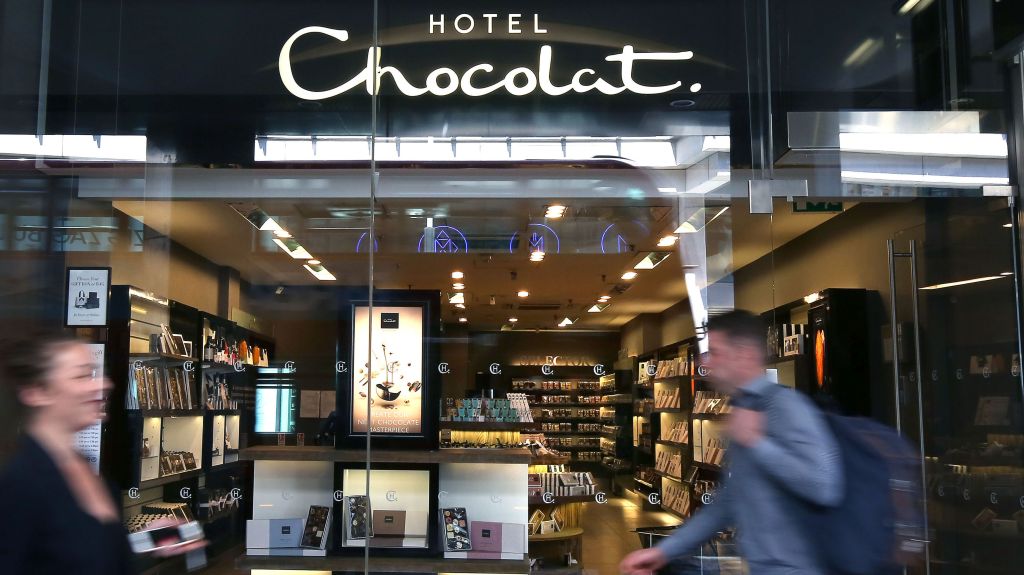Smaller UK Companies: Targets for Foreign Acquisitions Amid Investment Shift
The continual hesitance of investors to support smaller listed companies on the London stock exchange has rendered them “easy targets” for foreign entities and private equity firms, a new report reveals.
Years of perceived “US exceptionalism” have led to a significant diversion of investor capital from London-listed stocks, particularly small-cap firms, to Wall Street. Morningstar, a financial data provider, noted that UK small-cap funds have experienced 14 successive quarters of outflows.
Funds focused on investments outside the leading segments of the London Stock Exchange have not attracted additional investments since the summer of 2021.
According to Morningstar, these outflows are compromising the economic viability of UK small-cap funds, causing prominent asset managers like Baillie Gifford, Aviva, and Ninety One to withdraw from this market segment in recent years. Currently, there are the fewest open-end funds focused on UK small-caps since 1997.
As capital for their shares dwindles, the share prices of smaller London companies, including those on Aim, have lagged. The past five years saw the FTSE 100 grow by over 40% and approach new record heights, while the Aim 100 declined by around 20% in the same period.
Morningstar reports that a large company on the US market has an average price-to-earnings ratio of approximately 26, while the typical UK small-cap’s ratio is about 15, signifying a significant valuation gap.
The analysts at Morningstar noted in a recent report that this valuation disparity positions smaller British enterprises as “attractively valued” at a stage in the economic cycle where they usually perform better.

“Historically, small-cap firms in the UK tend to outperform larger counterparts following an interest rate cut,” they mentioned. The Deutsche Numis Smaller Companies index typically shows an average return of 11% in the year following a rate cut, compared to less than 7% for FTSE 100 stocks during the same timeframe.
These dynamics have attracted attention from international competitors and private equity firms, who have scrutinized small UK operations overlooked by the stock market in recent times.
For instance, Hotel Chocolat was recently acquired by the large US-based Mars company for £534 million, nearly three times its stock market valuation.
Similarly, Fortress, a US investment firm, purchased Loungers, a café-bar chain, for £354 million earlier this year, and Manchester-based engineering firm Renold is in negotiations to sell for just over £160 million to a private equity firm or a US competitor.
If the lower tier of the London stock market does not experience changes soon, Morningstar anticipates an increase in acquisition activity.
“As long as valuations stay at these levels, merger and acquisition activity is likely to escalate,” the analysts stated in their findings. “Private equity firms have substantial capital ready to invest, and UK companies are proving to be easy acquisition targets.”
This wave of acquisitions, coupled with the lack of new entrants, has resulted in a “de-equitisation” of the London Stock Exchange and its junior market, Aim. Currently, there are 175 businesses eligible for Morningstar’s UK Small Cap Target Market Exposure index, down from 234 five years ago, representing a 25% decrease.
In light of low share prices, Morningstar reveals that UK companies are engaging in share buybacks at “record rates” in 2024, with indications that this trend will continue into 2025.
However, there is optimism for London’s small-cap sector, as UK pension funds have recently committed to boosting their domestic investments by £25 billion under government pressure.
Henry Ince, an equity strategies analyst at Morningstar, highlighted that the inclusion of Aim shares in the Mansion House Accord serves as a “much-needed boost” for the small-cap market in London.




Post Comment